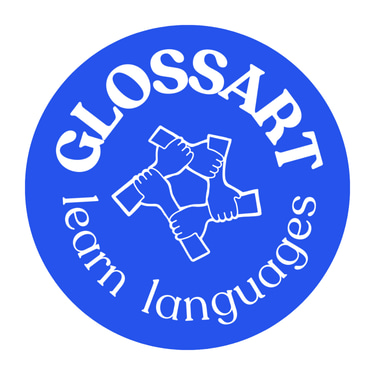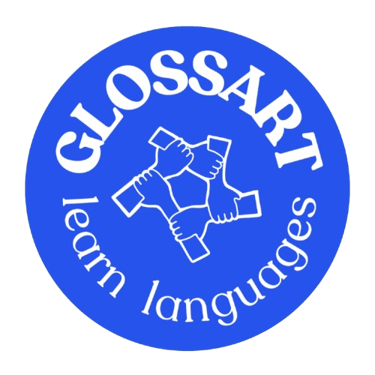Transform Your World with Language Learning at Glossart Languages!
The Language of Tourism: Localization as a Key Strategy
Discover how localization goes beyond translation and why multilingual communication is essential for success in the global tourism industry. A must-read for tourism professionals and language lovers.
Evangelia Perifanou
8/12/20222 min read


🌍 The Language of Tourism: Localization as a Key Strategy
By Glossart Languages
In the world of tourism, language is more than a tool — it's a bridge. A bridge between cultures, between expectations and experiences, between businesses and travelers. With tourism contributing nearly 10% of the world’s GDP and employing 1 in 11 people globally, the ability to communicate across languages and cultures has never been more critical.
✈️ A Global Industry Needs a Global Voice
From boutique hotels in Italy to eco-tours in Costa Rica, tourism exists everywhere — and so does its audience. While English is widely used, relying on a single language can limit your reach. Tourists feel more welcome and connected when addressed in their own language. This emotional connection is often what makes an experience memorable.
🔄 Translation Isn’t Enough — Enter Localization
Many businesses in the travel sector invest in translation. That’s a good start — but localization goes far beyond words. It’s about adapting content to the culture, values, and behaviors of your target audience.
At Glossart Languages, we teach more than vocabulary — we teach how to understand context, formality, tone, and cultural nuances. These skills are essential in tourism, where first impressions and customer experience are everything.
🧭 What Does Localization Really Mean?
Localization includes:
Choosing the right tone (formal/informal depending on culture)
Using local idioms or expressions
Adapting imagery to reflect the target audience’s culture
Understanding taboos or sensitive topics in certain regions
Adjusting content to fit local behavior and buying preferences
For example, a campaign that works in London may need serious changes to appeal to an audience in Buenos Aires or Athens.
📚 Language Learning with a Cultural Focus
At Glossart Languages, we offer online courses in English, Spanish, Greek, French, Italian, and Portuguese — with a focus on real communication, cultural context, and business application. For professionals in tourism, this means being able to:
Guide visitors in their own language
Respond to reviews or inquiries across markets
Build trust with international partners
Train staff to deliver multilingual service
✅ Why Localization Strategy Is a Business Asset
Localization isn’t just about avoiding misunderstandings. It’s about creating a strong brand voice, building authentic connections, and delivering an experience that feels local, even to foreign visitors.
Whether you're a travel agent, tour operator, hotel manager, or content creator — speaking your customer’s language is a competitive advantage.
🚀 Ready to Grow Globally?
🌐 Want to strengthen your team’s language skills with cultural awareness in mind?
📩 Reach out to us at glossartlanguages.com
Let’s bring your business closer to your audience — one language at a time.
#TourismLocalization #LocalizationStrategy #GlossartLanguages #LearnLanguagesOnline #TravelAndLanguage #MultilingualMarketing #GlobalTourism #LanguageOfTravel #CulturalCommunication #TourismIndustry


